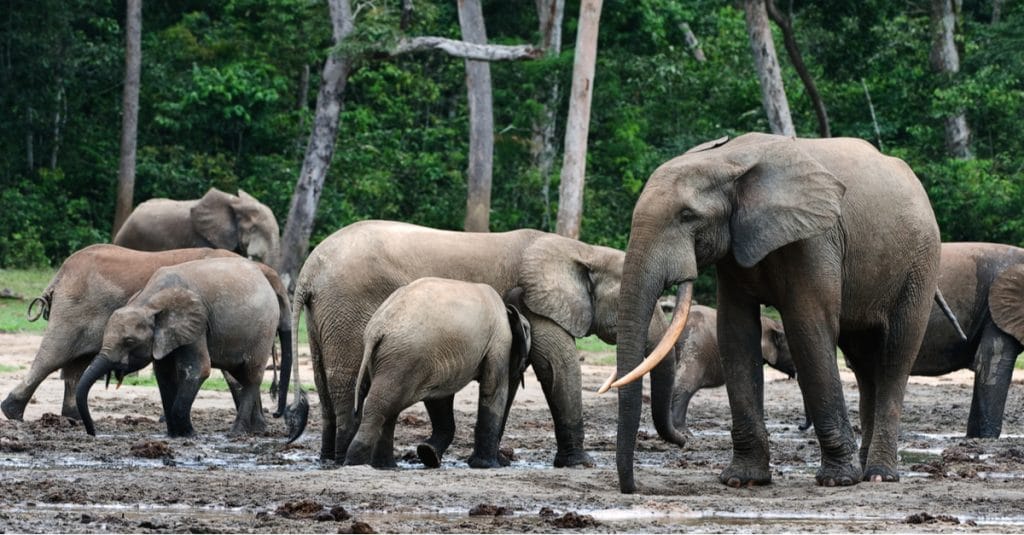Africa is calling for substantial funding to protect its biodiversity. “We call on developed countries to commit to mobilising and jointly providing at least $100 billion a year at the outset and reach $700 billion by 2030 and beyond,” says Gabon’s Stanislas Stephen Mouba. He was speaking on behalf of the Africa Group, which attended the negotiations on the draft post-2020 global biodiversity framework, held from 14 to 29 March 2022 in Geneva, Switzerland.
The African biodiversity conservation sector is indeed suffering from a funding gap. This amounts to between $598 billion and $824 billion per year, or between 80 and 85% of what is needed, according to Credit Suisse, a banking group based in Zurich.
The funding requested by the African negotiators should enable states to act effectively against poaching, deforestation and the impact of climate change on biodiversity. According to the Intergovernmental Panel on Climate Change (IPCC), climate change will exacerbate the effects of previous threats to biodiversity. Africa, considered the continent most affected by the effects of climate change, will see its amphibian population drop drastically due to reduced water availability as a result of persistent drought conditions. The IPCC says that 40% of amphibian species and 33% of coral reefs are at risk of extinction.
Negotiations end with a bang
The financial package requested by African negotiators to protect biodiversity is expected to be commented on in order to be adopted or rejected. It was proposed as part of the final drafting of the global biodiversity framework, which will be submitted for adoption at the 15th Conference of the Parties on Biodiversity (COP15) in Kunming, China.
Read also-Biodiversity in Africa: 10 figures, 10 challenges
Except that the Geneva meeting did not result in a consensus draft agreement. “We thought we could say that the states would at least all agree to set a target of transforming 30% of the planet’s surface into a protected area, but this target has been called into question. There are other extremely controversial points concerning the amounts that will be made available to countries, particularly in the South, to protect biodiversity, and so both the amounts and the financing mechanisms are particularly important points of disagreement,” says Sébastien Treyer, Director of the Institute for Sustainable Development and International Relations (IDDRI).
Scheduled to take place from 25 April to 8 May 2022 in Kunming, China, COP15 is expected to adopt a new roadmap to halt the erosion of biodiversity by 2030.
Boris Ngounou
